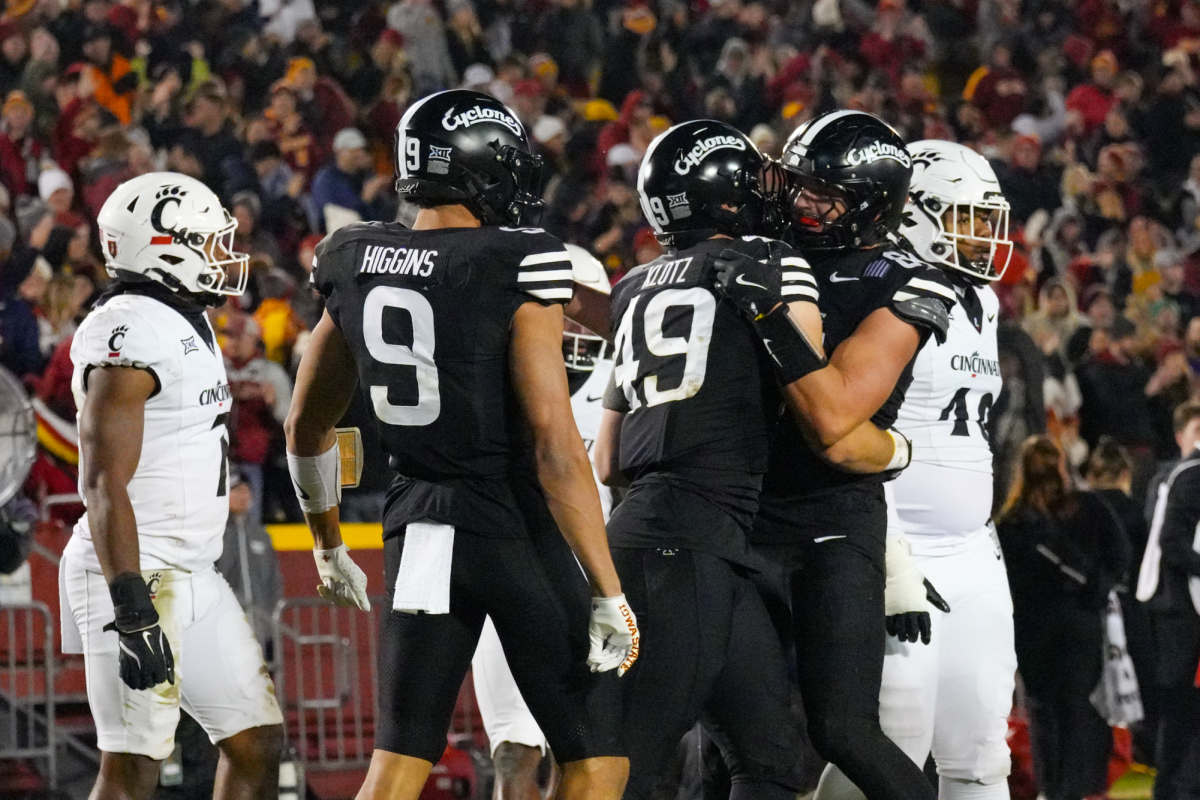Thompson wrong, Nichols right on Napster
February 27, 2001
In Luke Thompson’s Feb. 23 letter, which responds to columnist Bryan Nichols’ criticism of Napster, he says “artists … see almost no profit whatsoever from CD sales.” Some artists contract with businesses to distribute their property through various media like CDs. If artists’ profits from those sales are small, they can decide not to enter into those contracts. I shouldn’t steal the artist’s property on some theory that, by distributing my stolen copy, I can outperform the CD companies in providing artists with chances to play at “gigs to big crowds,” even if my boast is true. The gig-promotion money is supposedly analogous to TV advertisement income. But this ignores the voluntary nature of the agreements between TV producers and stations, and we’re really just back to the “I can do it to you if I think it’s good for you” theory. Thompson acknowledges that “big-time” groups profit from CDs — not just from the gigs — saying “this is why [they] are upset,” but he leaves the observation dangling. Is it OK to steal cars from car dealerships on the theory that “car dealerships are against it merely because they’ll lose money and they fear that people will freely pick cars without worrying about price?” It’s copyrighted. It’s private property. This isn’t complicated. If the new technology allows start-up artists to more cheaply present their work to the world by uploading their creations to Napster, that’s fine. But let’s allow artists the freedom to choose the terms by which they manage the fruits of their own labor. Frank Hummer
Temporary assistant professor
Mathematics






